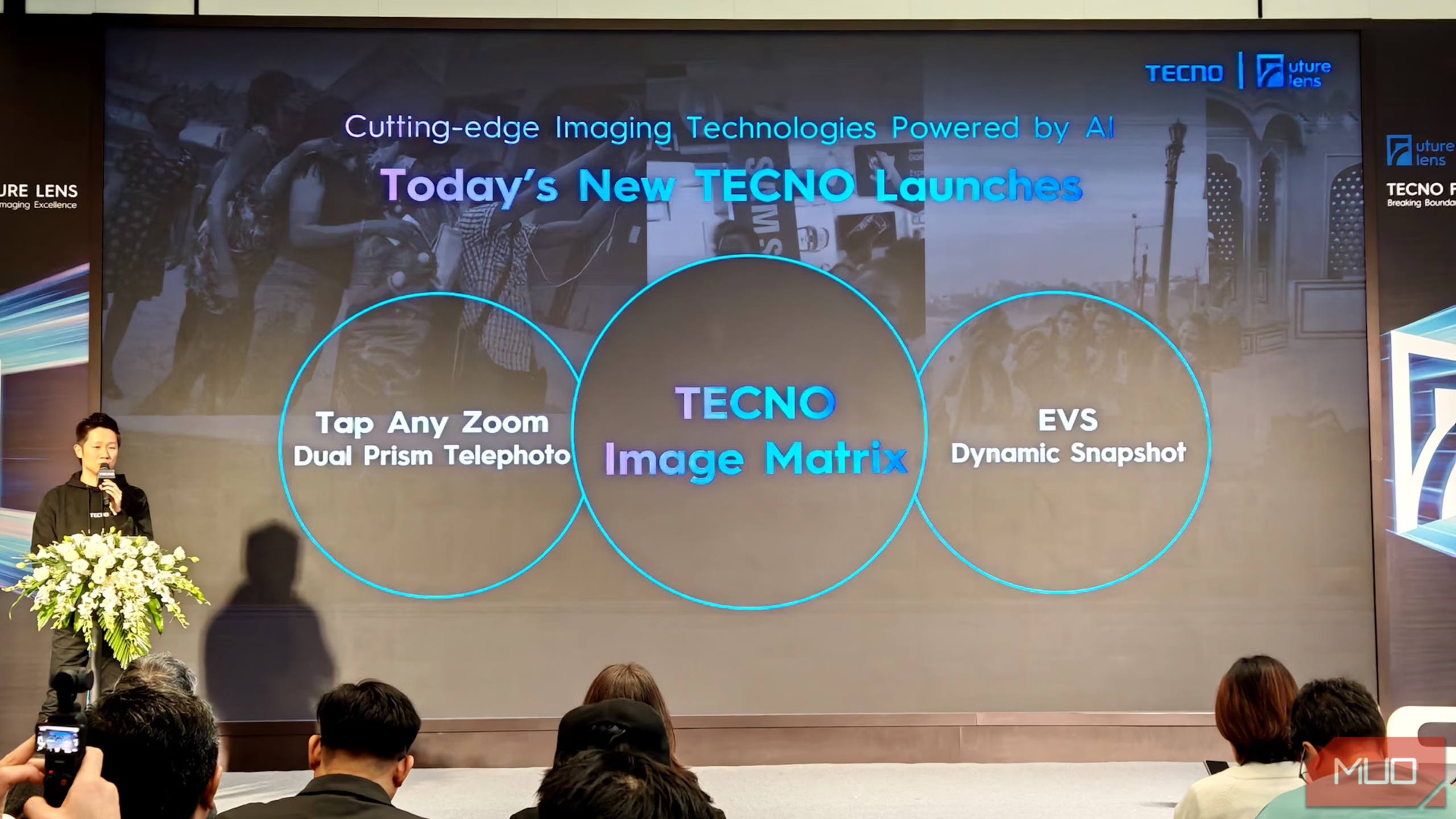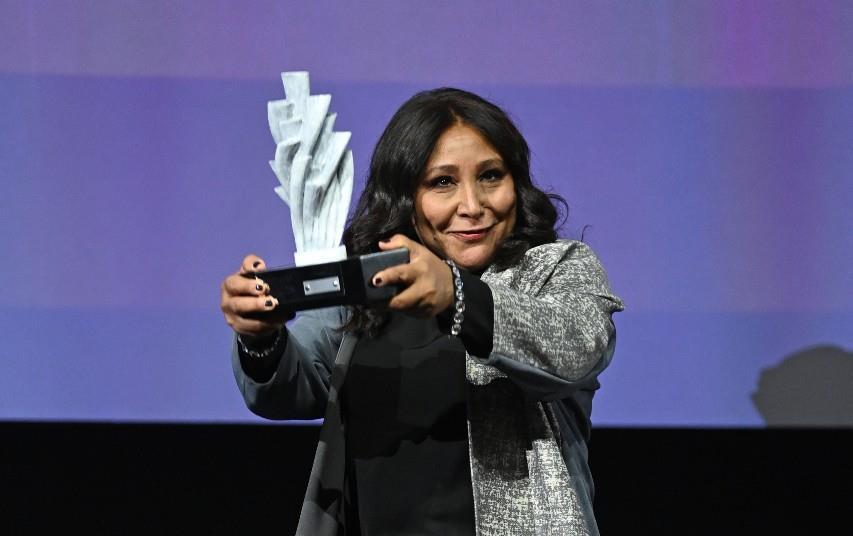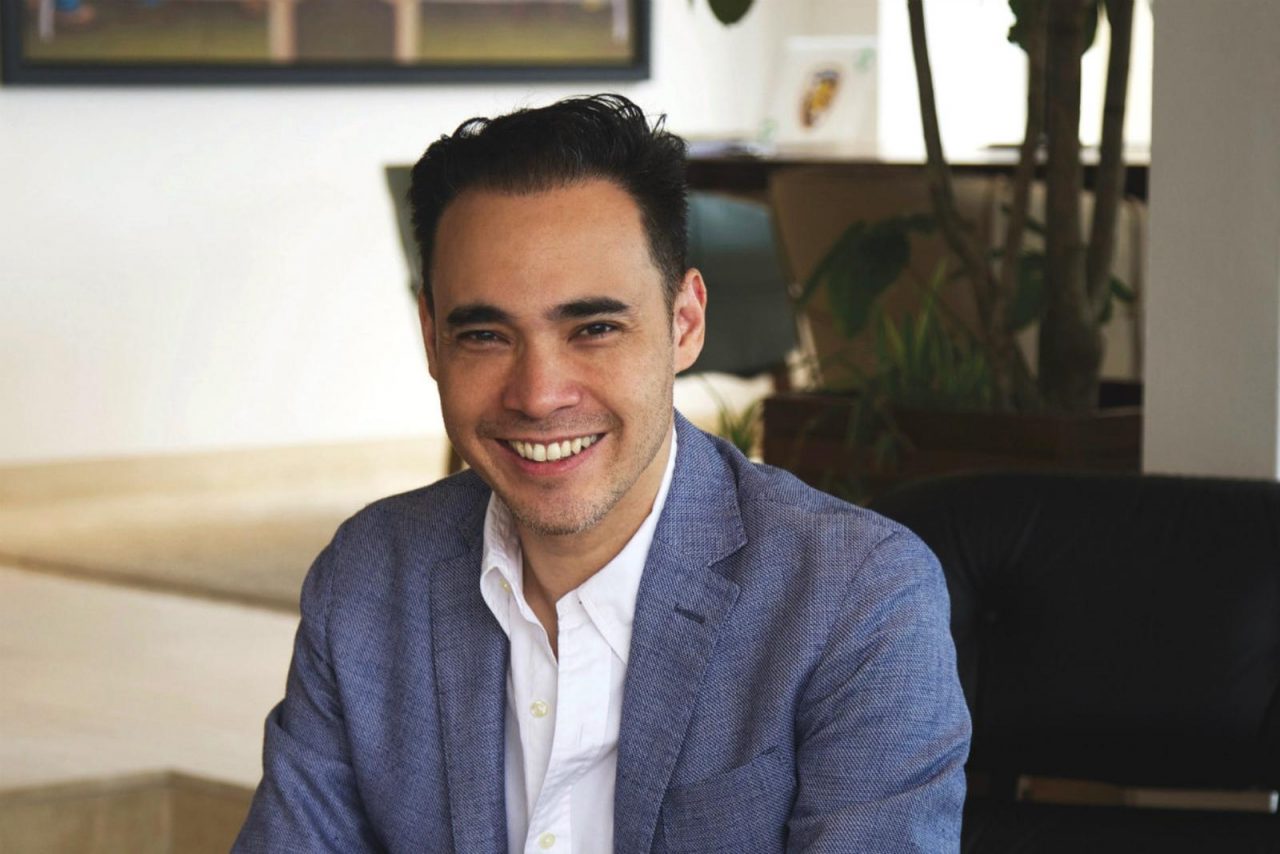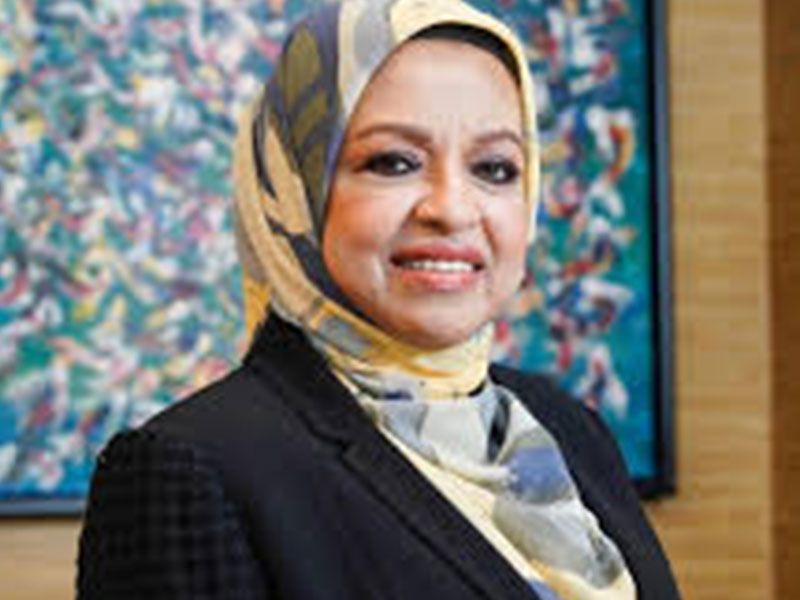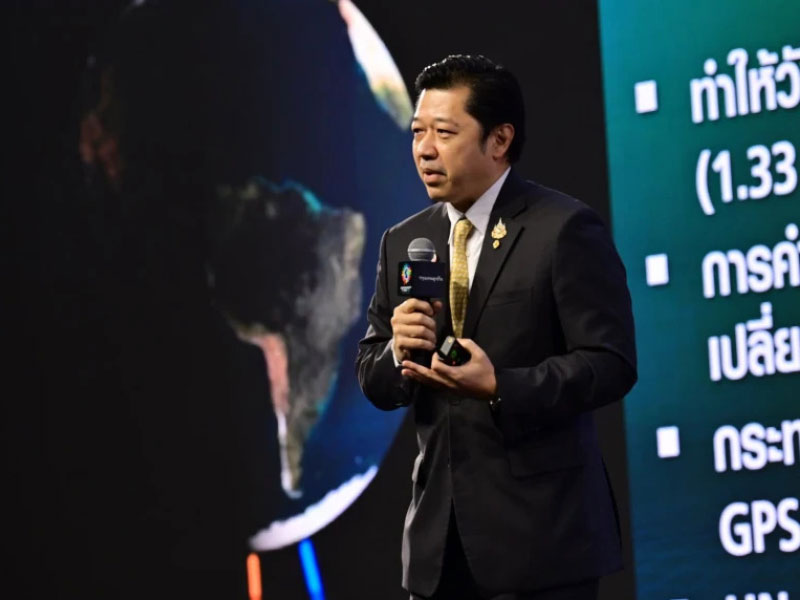Notable Roles | - Film Director, Screenwriter, Producer |
Key Recognition | - BAFTA Nominee for Best Foreign Film (2014) |
Background and Early Foundations
Haifaa al-Mansour was born in Al Zulfi, Saudi Arabia, in 1974, the eighth of twelve children in a family that valued literature and film. Her father, poet Abdul Rahman Mansour, introduced her to cinema through VHS tapes, fostering her passion for storytelling despite the absence of movie theaters in the country at the time. She earned a bachelor’s degree in Comparative Literature from The American University in Cairo and later pursued a Master’s in Film Studies from the University of Sydney.
Career Milestones and Impact
Year | Milestone |
|---|---|
2005 | Directed "Women Without Shadows," a documentary exploring the hidden lives of Gulf women, gaining international acclaim. |
2012 | Released "Wadjda," the first feature film shot entirely in Saudi Arabia and the first by a female Saudi director. |
2017 | Directed "Mary Shelley," a biopic starring Elle Fanning, marking her entry into English-language cinema. |
2019 | Premiered "The Perfect Candidate" at the Venice Film Festival, highlighting women's roles in Saudi society. |
2020–2023 | Directed episodes for various U.S. television series, including "The Wilds," "The Good Lord Bird," and "Mayfair Witches." |
- Awards: BAFTA Nominee for Best Foreign Film (“Wadjda,” 2014); Crystal Award from the World Economic Forum (2019).
- Filmography Highlights: “Wadjda” (2012), “Mary Shelley” (2017), “Nappily Ever After” (2018), “The Perfect Candidate” (2019).
- Television Work: Directed episodes for series such as “The Wilds,” “The Good Lord Bird,” and “Mayfair Witches.”
Leadership Style and Influence
Haifaa al-Mansour is renowned for her pioneering spirit and commitment to challenging societal norms through cinema. Her storytelling often centers on women’s experiences in conservative societies, aiming to inspire dialogue and change. By navigating and overcoming cultural restrictions, she has paved the way for future generations of filmmakers in the Middle East.
Legacy and Future Focus
As Saudi Arabia continues to evolve culturally, al-Mansour remains a vital figure in its cinematic landscape. Her work not only entertains but also educates and provokes thought, contributing to the global conversation on women’s rights and representation. Looking ahead, she is expected to continue her cross-cultural storytelling, further bridging gaps between Eastern and Western narratives.


